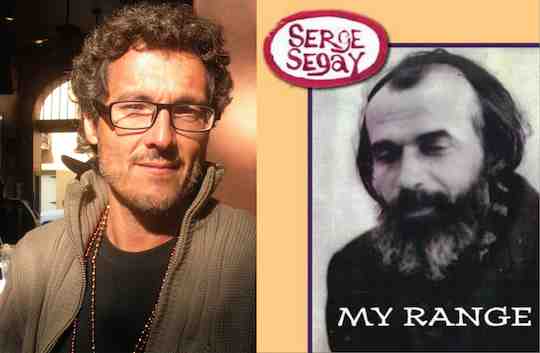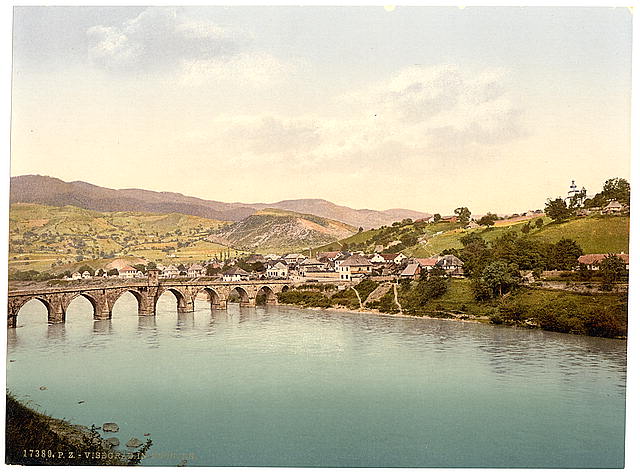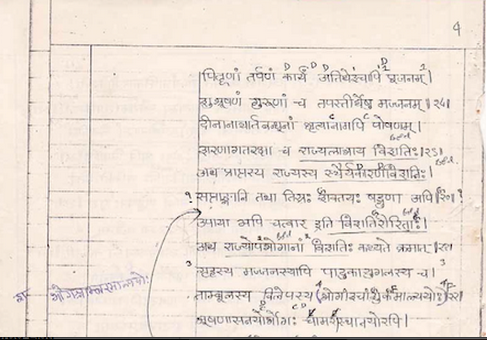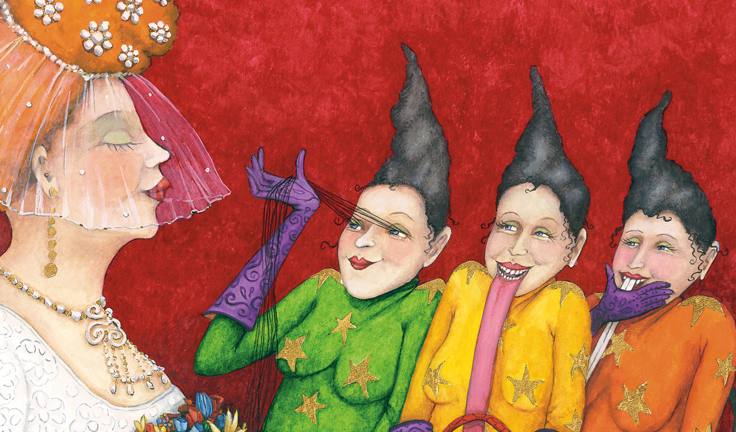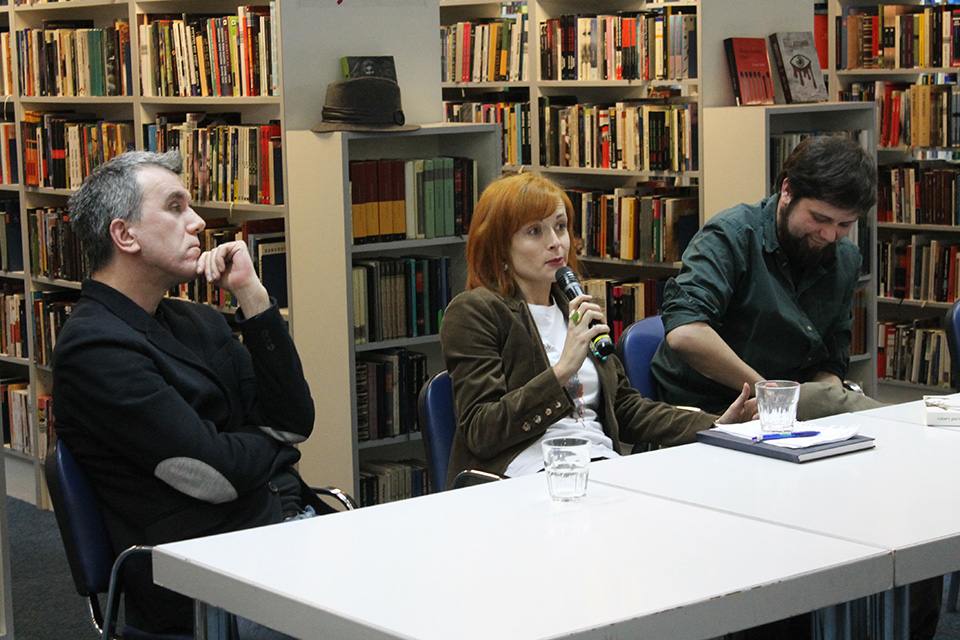Asymptote Blog is celebrating The Great Gatsby’s 89th anniversary with two essays dedicated to Gatsby, translated: what does a seminal work of 20th-century Americana look like outside the tight nexus of American lit? This essay, first in a two-part series, focuses on rewriting Gatsby in 21st-century Poland.
*****
Exactly half a century divides the first (and, until recently, the only) Polish translation of The Great Gatsby by Ariadna Demkowska that saw several editions from my new version (a second translation, by Jędrzej Polak, was issued only once). Until now Poles unable to read F. Scott Fitzgerald’s work in the original had only Demkowska’s translation to rely on. I myself read the book as a teenager when it first appeared in Czytelnik’s Nike series. READ MORE…


